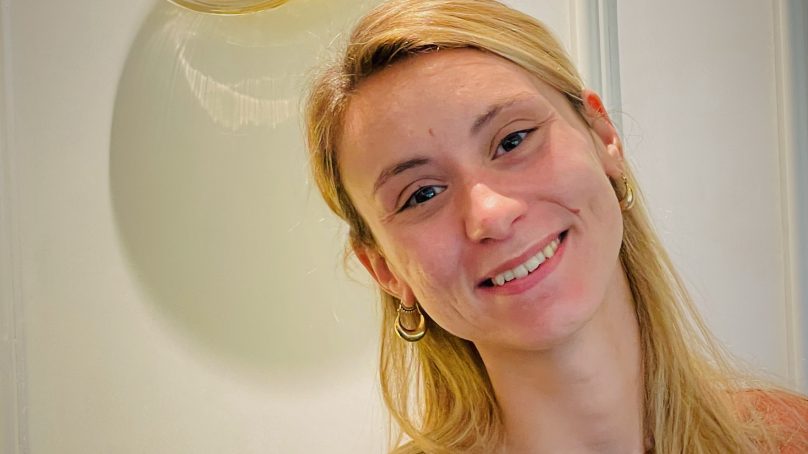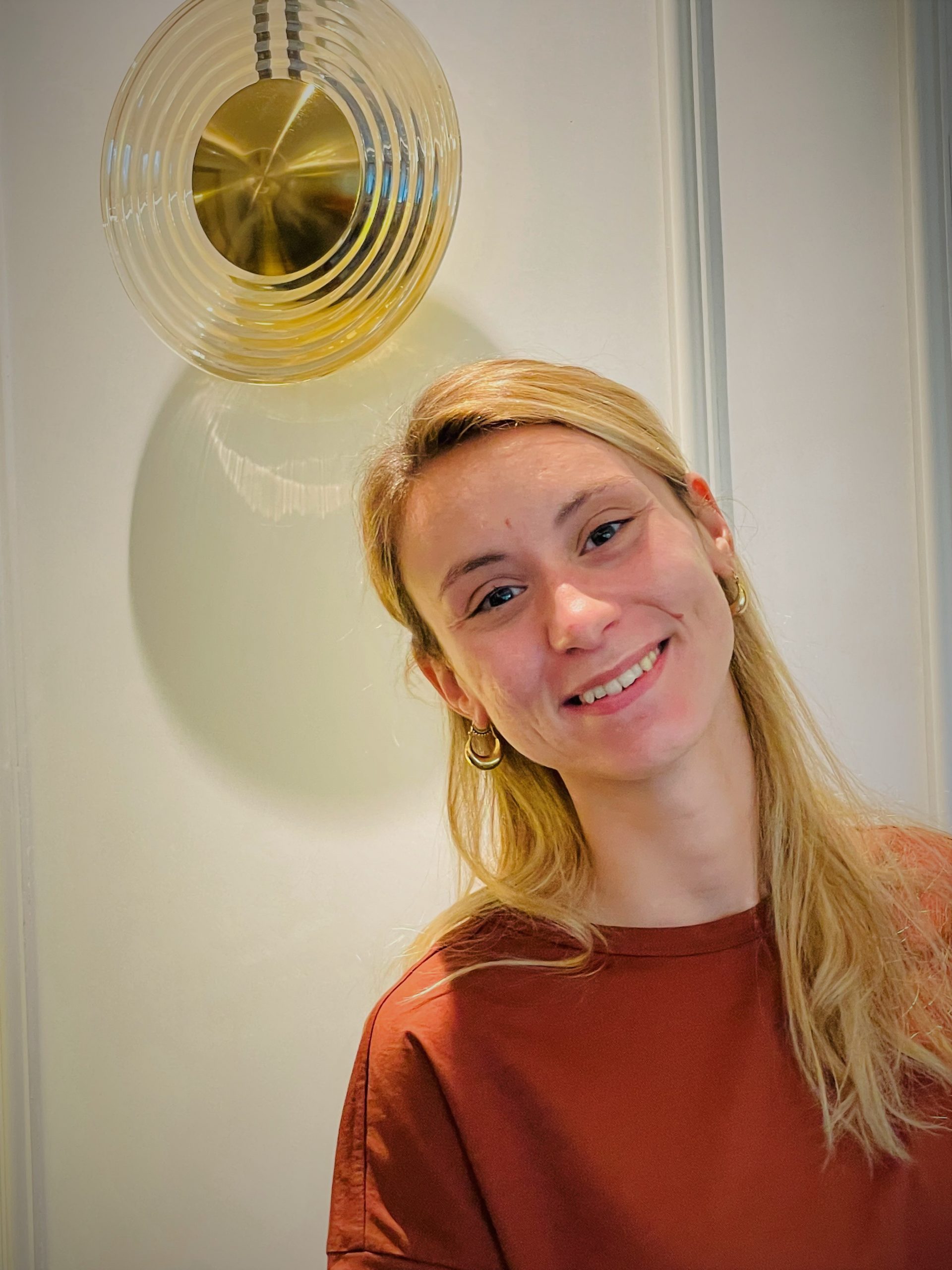
What is responsible consumerism and how are customers embracing it?
As consumers, we are confronted with the reality that our way of life is no longer sustainable if we are to save the environment. Being a responsible consumer is about being conscious of the choices we make, actively opting for goods and services that positively impact our future and reducing our ecological and carbon footprints.
People no longer want to be bystanders; there is a noticeable shift in how people choose their food, fashion and travel, but this doesn’t mean it’s enough. There’s a struggle in moving toward sustainable options because of the lack of infrastructure, availability, high prices and convenience.
How are Accor’s F&B outlets embracing responsible consumerism?
We prefer to communicate it as conscious consumerism. As property managers, we should be helping and encouraging our guests and teams toward responsible consumerism, recognizing that one of the key levers to make that change is positive messaging. People feel more empowered to make a change if the message is straightforward and optimistically formulated, like providing a choice of being conscious rather than forcing the “burden” of responsibility on someone.
Besides communication, the transition toward sustainable choice needs to be easy. We have adopted a holistic approach, looking at the full circle: building, sourcing, technology, training courses and even menus.
How would you describe customers’ attitudes toward sustainability and nutritional menu labels?
People have different preferences as to how they want to be informed about a particular topic. Thoughtful nutrition is an established trend that’s been given a boost by the pandemic, as people have become more aware of their own mental, cognitive and physical wellbeing, and the effect food can have through the “second brain.” They are increasingly aware that a well-balanced diet that includes less meat is not only good for the body, it is also good for the planet. In short, conscious consumerism has the support of our guests, and it’s here to stay.
For her full FHS session, you can find it here:



















